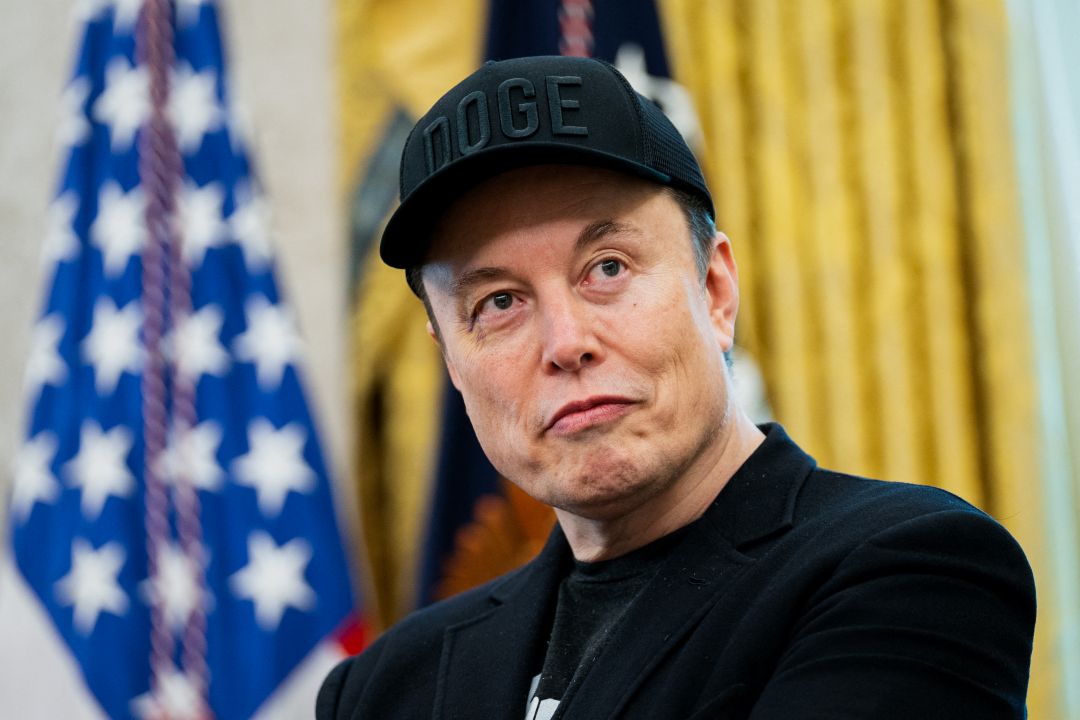
Artificial intelligence is the latest justification for supporting the bad idea of ‘universal basic income.’
Concern about the effect of artificial intelligence on the workforce has sparked new interest in an old idea: free money.
A Journal report last week explained how tech titans, including Tesla’s Elon Musk and OpenAI’s Sam Altman, envision a “massive wealth-redistribution system” to placate worries over technology displacing human work. Twitter co-founder Jack Dorsey and Facebook co-founder Chris Hughes have spent millions in recent years on pilot projects that offer unconditional monthly cash payments to low-income people. Software billionaire Marc Benioff, another “evangelist for universal basic income,” according to the Journal, “sees Covid-19 stimulus checks as a model for broader income distribution.” Oh, brother.
It’s often forgotten that in the early days of the country’s “war on poverty,” the general understanding was that you alleviate privation by reducing dependency on the government and creating incentives to become more productive. The goal was “to help our less fortunate citizens to help themselves,” President John F. Kennedy said. “We must find ways of returning far more of our dependent people to independence.” Paying people not to work might lift families above the poverty line, but it also increases dependency. In the 1960s and ’70s, as welfare-state programs proliferated, the number of people receiving public assistance more than doubled.
Continue reading the entire piece here at the Wall Street Journal (paywall)
______________________
Jason L. Riley is a senior fellow at the Manhattan Institute, a columnist at The Wall Street Journal, and a Fox News commentator. Follow him on Twitter here.
Photo by ALLISON ROBBERT/AFP via Getty Images
















